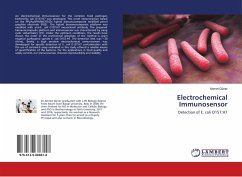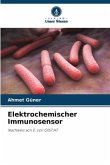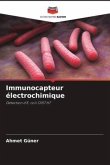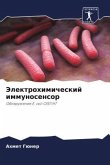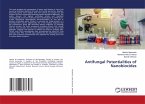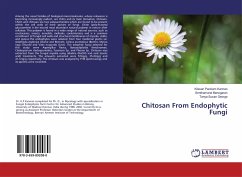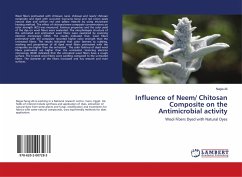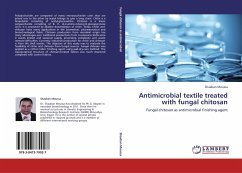An electrochemical immunosensor for the common food pathogen Escherichia coli O157:H7 was developed. This novel immunosensor based on the PPy/AuNP/MWCNT/Chi hybrid bionanocomposite modified pencil graphite electrode (PGE). This hybrid bionanocomposite platform was modified with anti-E. coli O157:H7 monoclonal antibody. The prepared bionanocomposite platform and immunosensor was characterized by using cyclic voltammetry (CV). Under the optimum conditions, the results have shown the order of the preferential selectivity of the method is gram negative pathogenic species E. coli O157:H7. The detection limit was -30 cfu/mL. Briefly, a high sensitive electrochemical immunosensor was developped for specific detection of E. coli O157:H7 contamination with the use of sandwich assay evaluated in this study offered a reliable means of quantification of the bacteria. For the applications in food quality and safety control, our immunosensor showed reproducibility and stability.
Bitte wählen Sie Ihr Anliegen aus.
Rechnungen
Retourenschein anfordern
Bestellstatus
Storno

